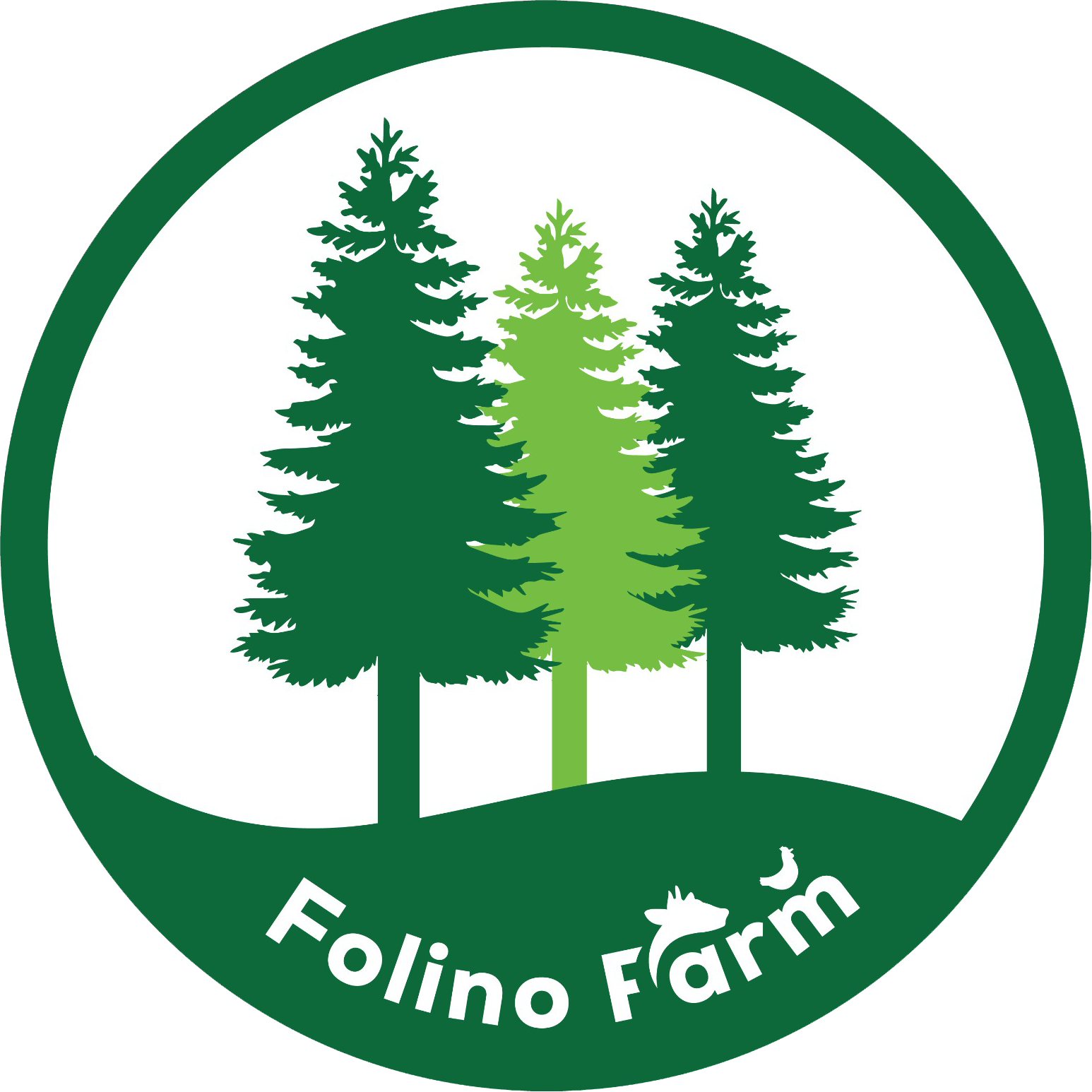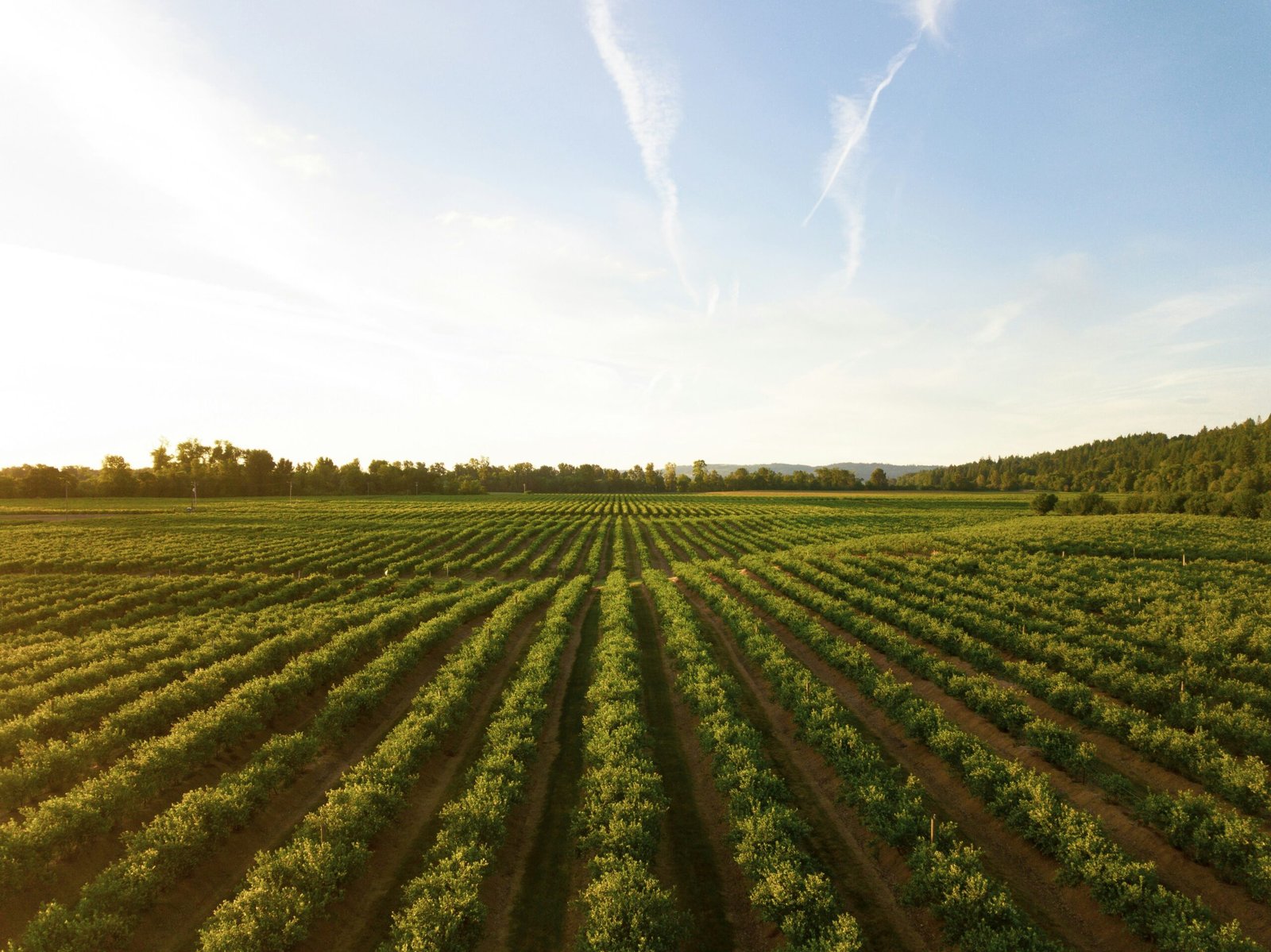Introduction
According to the Annual Agricultural Survey (AAS) 2019 by the Uganda Bureau of Statistics (UBOS), agriculture is the largest employment sector, with 47% of the population involved in subsistence farming for food and income. However, challenges such as unpredictable rains, declining yields, pests and diseases, and poor market access have hindered the potential of agriculture as a source of employment and economic development. This has led to communities resorting to unsustainable practices like deforestation for income generation.
The Folino Farm Initiative
To address these challenges, the Folino Farm was established in 2020 in Kamuli, Uganda. This pioneering agroforestry initiative aims to integrate sustainable practices that restore the environment, improve food and livestock production, and fight poverty. By combining tree planting, animal breeding, and crop agriculture, the farm demonstrates the synergy that agroforestry offers compared to exclusive arable, tree, or livestock agriculture.
Progress Made and Planned Projects
Since its establishment, the Folino Farm has achieved significant milestones, including planting 30,000 trees, constructing a water pond for irrigation and community needs, and establishing intensive crop agriculture and improved livestock programs. The farm has also introduced beekeeping and set up mother gardens for animal fodder and medicinal herbs.
In the next 5-7 years, the farm plans to reforest 220 acres with over 100,000 trees, establish a community nursery, improve farm infrastructure, expand livestock breeding, and provide education and extension services to local farmers. These projects aim to expand the green canopy, enhance wood and timber production, and improve food security and income generation.
Challenges and Remedies
The farm faces challenges such as limited financial resources, access to machinery, and skilled labor. To overcome these challenges, the farm plans to improve fundraising efforts through partnerships, invest in high-value fruit and vegetable farming for sustainable cash flow, and create a conducive work environment for qualified staff and trainers.
In conclusion, the Folino Farm initiative in Uganda is a model for sustainable agroforestry practices that restore the environment, improve livelihoods, and promote food and energy security. Through its integrated approach, the farm aims to inspire local communities to embrace agroforestry and create a better future for themselves and the environment.


Leave a Reply